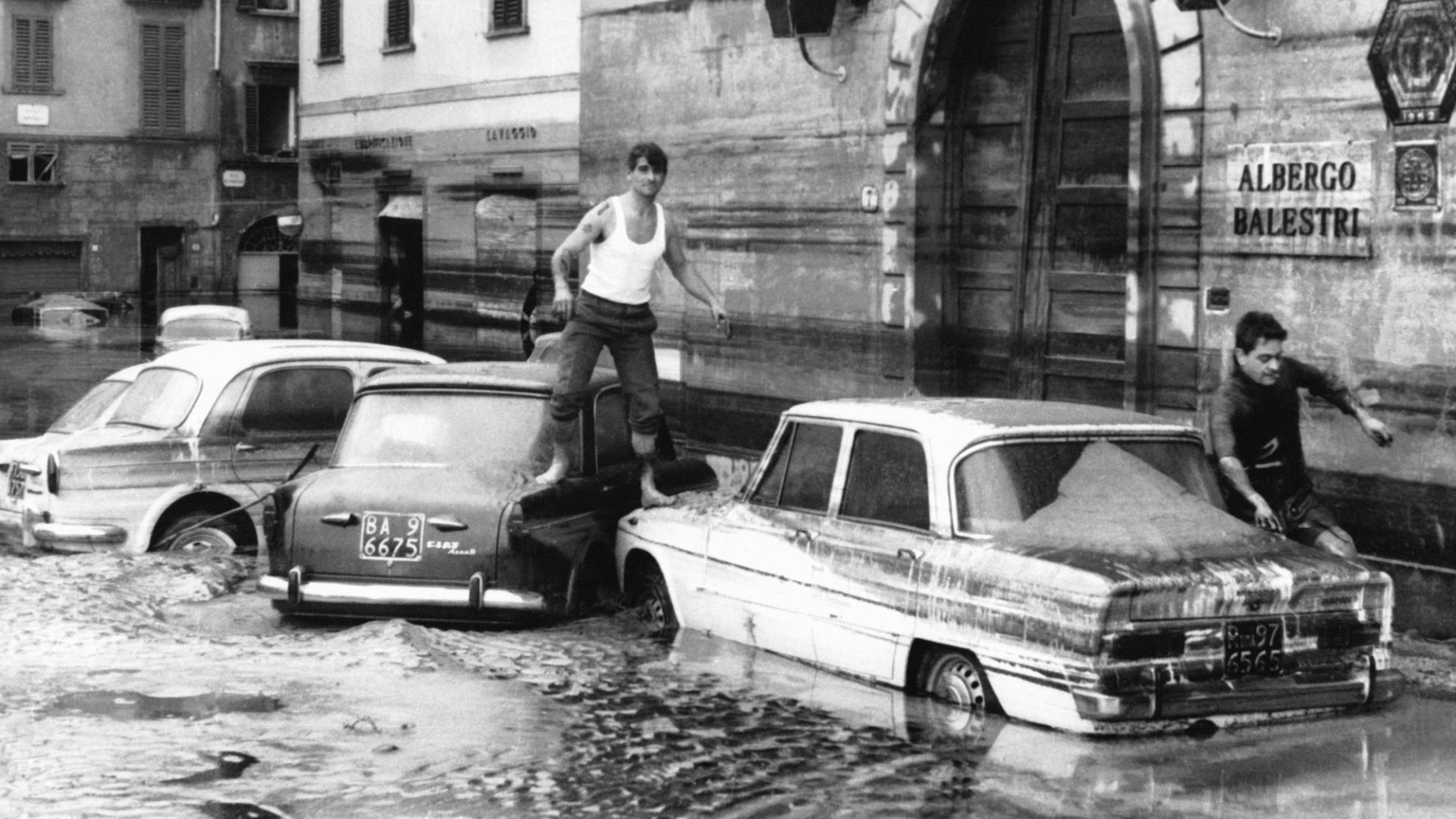Sometimes, at a loose end, I catch myself looking out of the window and musing on what might make the perfect New European novel.
Something weighty and literary, perhaps, a Kafka-meets-Sally Rooney tome about unbearable millennials having lots of sex despite being unable to communicate their feelings properly even as one of them turns into a bumblebee during a writers’ retreat at a castle in Bohemia.
Or how about a contemporary Ulysses, a lyrically written account of a single day following a man wandering Dublin’s tech startups and hipster patisseries while gazing into letting agency windows offering accommodation in a chest of drawers for €2,000 a month (€2,500 for the top drawer, or “penthouse”)?
Perhaps a crime novel in which Hercule Poirot seeks to find out who has been bumping off members of the European Council and leaving the bodies in various locations across Brussels. Or a contemporary take in which a freshly retired Angela Merkel, casting around for a new purpose away from the machinations of global politics, becomes an amateur sleuth solving murders in a German village?
Appealing as all those ideas are, not to mention guaranteed bestsellers, we’ll have to cross that last one off for the frankly magnificent reason that it’s been done already.
Crime fiction is one the biggest and most lucrative genres in publishing. In the 10 years up to 2022, we in the UK spent £2.5bn on half a billion crime thrillers, which the industry number cruncher Nielsen BookScan says works out at 100 sales every minute. Richard Osman’s The Thursday Murder Club alone has sold more than 10 million copies. Crime fiction makes up around 12% of total UK book sales, one in five audiobook downloads and one third of e-book sales. We can’t, it seems, get enough
of murder.
Yet crime can be one of the most generic of genres, with formulaic plots, characters and resolutions, so it takes an excellent writer doing something very special and original to make their work stand out from the rest. That’s no easy task, given the sheer number of crime novels vying for shelf space and attention.
Turning Angela Merkel into a gumshoe feels like one of those ideas that should be jettisoned as soon as it is created. It is literary “monkey tennis”, an idea for the sake of an idea. It couldn’t possibly work.
So we have to take our hats off to the Bremen novelist David Safier, who has not only hauled that crackpot notion out of the ideas bin, he’s wiped off the teabags and potato peelings and gone ahead and written it. As my colleague Tanit Koch reported in July, the Miss Merkel Mysteries – the original has already had two sequels – have been a huge publishing hit in Germany and led to a TV adaptation.
After Spanish, Dutch and Danish translations, English speakers can now see what all the fuss is about with Murder at the Castle. It was first published in Germany as Mord in der Uckermark (Murder in the Uckermark, the region in Brandenburg where Safier’s sleuth has settled since retiring from politics in 2021).
The real Angela Merkel has remained living in Berlin since retiring from politics and largely stayed out of the limelight, apparently passing the time baking, reading Shakespeare and Schiller and working on her memoir, a 700-page tome due to be published this month under the title Freiheit (Freedom).
Safier’s Merkel, meanwhile, has retired to Klein Freudenstadt in eastern Germany, where she lives in a simple half-timbered house with her husband, quantum chemist Joachim Sauer, known as Achim or, occasionally, Muffin. She has a bodyguard named Mark, and also Putin, the pug acquired by Achim as a retirement gift for his wife.
Like her real-world namesake, this Angela Merkel is also keeping a low profile, relishing a quiet life away from the political stage, establishing a routine of daily cake baking, choosing which colour signature blazer to wear each day with her signature black trousers, and taking Putin for walks. She relishes the prospect of being part of a community and making friends who are not world leaders, domestic politicians or scheming cultivators of influence.
This Angela Merkel is in a benevolent limbo between past and future, and happier than she has ever been. Which is when a dead body turns up and Merkel is transformed into an amateur detective.
Safier is probably the only writer in the world who is capable of pulling off this exquisite absurdity. Having started out as a screenwriter for German television, beginning with the popular sitcom Berlin, Berlin in 2001, he has produced a string of novels, most of them comic, all of them successful.
His first, Bad Karma, published in 2007, is the story of a German television anchor who is killed by a sink falling from the International Space Station and, because of the bad karma she has spread throughout her life, comes back as an ant tasked with climbing the reincarnation ladder by being generally nicer.
He followed up with Jesus Loves Me, a 2010 novel in which a woman discovers that her new boyfriend is in fact Jesus Christ, back for the Last Judgment ahead of the imminent end of the world, and in 2012 published Moo! in which a cow called Lolle learns that her beloved bull has been unfaithful so sets out for India, where cows are sacred, in search of enlightenment and salvation.
In the light of all this, a small-town murder-investigating Angela Merkel actually seems pretty straightforward. Indeed, in Safier’s expert hands, Murder at the Castle doesn’t take too many pages for you to stop thinking “Angela Merkel solving murders is really weird” and start thinking “whoa, how is Angela Merkel going to get to the bottom of this?”
Safier is clearly a crime fiction enthusiast with a great love for the genre. He has written what is in effect a conventional thriller with a conventional plot: a locked-room mystery, multiple suspects, varying motives, red herrings and even the traditional gathering of the suspects at the end for the big reveal. Yet he uses the traditional template as a springboard rather than an end in itself, creating something outlandish, exceptional that is an absolute riot
of a read.
While out walking Putin, Merkel runs into the Baron Philipp von Baugenwitz, the latest in a long line of aristocrats occupying the ancient castle that dominates Klein Freudenstadt, who invites her and Achim to a wine festival at the castle the following evening.
But at the height of the festival the baron is found dead, locked inside the wine cellar, having apparently taken his own life by poisoning himself. Merkel happens to be among the first on the scene, smells a rat, is convinced the baron has been murdered and commences her own amateur investigation with the help of Achim, Mike and, occasionally, Putin.
While Angela Merkel wouldn’t be anyone’s first choice for an amateur sleuth, Safier could not have chosen better. Despite being one of the most famous women in the world, she managed to maintain an impressive privacy throughout her career.
At a push we know that she liked taking hiking holidays in the German mountains with her husband, but that’s about it. If she isn’t quite a blank canvas, the canvas only has an outline sketch wide open for literary interpretation.
While every major political figure has their critics, it is probably fair to say that most of Safier’s readers pick up the book already reasonably well-disposed towards Merkel. They don’t have to make a great leap to believe their detective heroine is a likeable and enthusiastic retiree seeking a purpose for the third act of her life who also happens to be what can only be described as Angela Merkel.
Fortunately Safier resists the temptation to over-egg the political jokes. Calling the dog Putin could have dropped the flag on a torrent of overwrought gags, but Safier commendably holds his fire to ensure that the occasional announcement that Putin has, say, made a mess on the kitchen floor lands every time.
Similarly references to Merkel’s political past are few and far between, and all the more effective for it.
“The girl sounded about as enthusiastic as David Cameron had when they were discussing the free movement of people in the European Union,” Merkel thinks at one point. Attending a postmortem, the smell of the hospital “reminded her of Pope Benedict’s aftershave”. When thinking about her strategy on probing suspects for information, she reminds herself to “treat everyone like boards of bank directors: start by assuming everyone’s guilty”.
A lesser novelist would have flooded the text with these kind of jokes, but Safier’s restraint makes for far better comedy.
The suspects come thick and fast: the ex-wife, the current wife, the social media influencer stepdaughter, even the local policewoman, not to mention an American billionaire who made a fortune in electric cars and is planning to go to Mars. All are convincingly drawn, their motives plausible.
The relationship between Merkel and her husband is affectionately portrayed: Achim is forthright to the point of bluntness, the shortening of his name coined as a student when “he’d decided Achim was a cool nickname (which of course it wasn’t, but then he was a quantum chemist)”.
Meanwhile, Mike the bodyguard faces a daily struggle between maintaining his bodyguard physique and finding Merkel’s cakes absolutely irresistible.
With several nods towards the classic German gothic novel tradition, not to mention Miss Marple and Columbo, Murder at the Castle, is a delight in which the lightness of Safier’s authorial touch over a meticulously plotted story betrays an immense level of skill.
Jamie Bulloch’s English translation goes no small way towards making this first Miss Merkel Mystery an enjoyable romp. Jokes rely hugely on rhythm and timing, something that’s hard to pull off when rendering into another language, but every line lands perfectly here.
The Miss Merkel Mysteries might not knock Richard Osman off the top spot anytime soon, but these immensely enjoyable comic thrillers are about as close as it gets to the perfect New European novel.
Murder at the Castle by David Safier, trans. Jamie Bulloch, is published by Old Street Publishing on November 26




